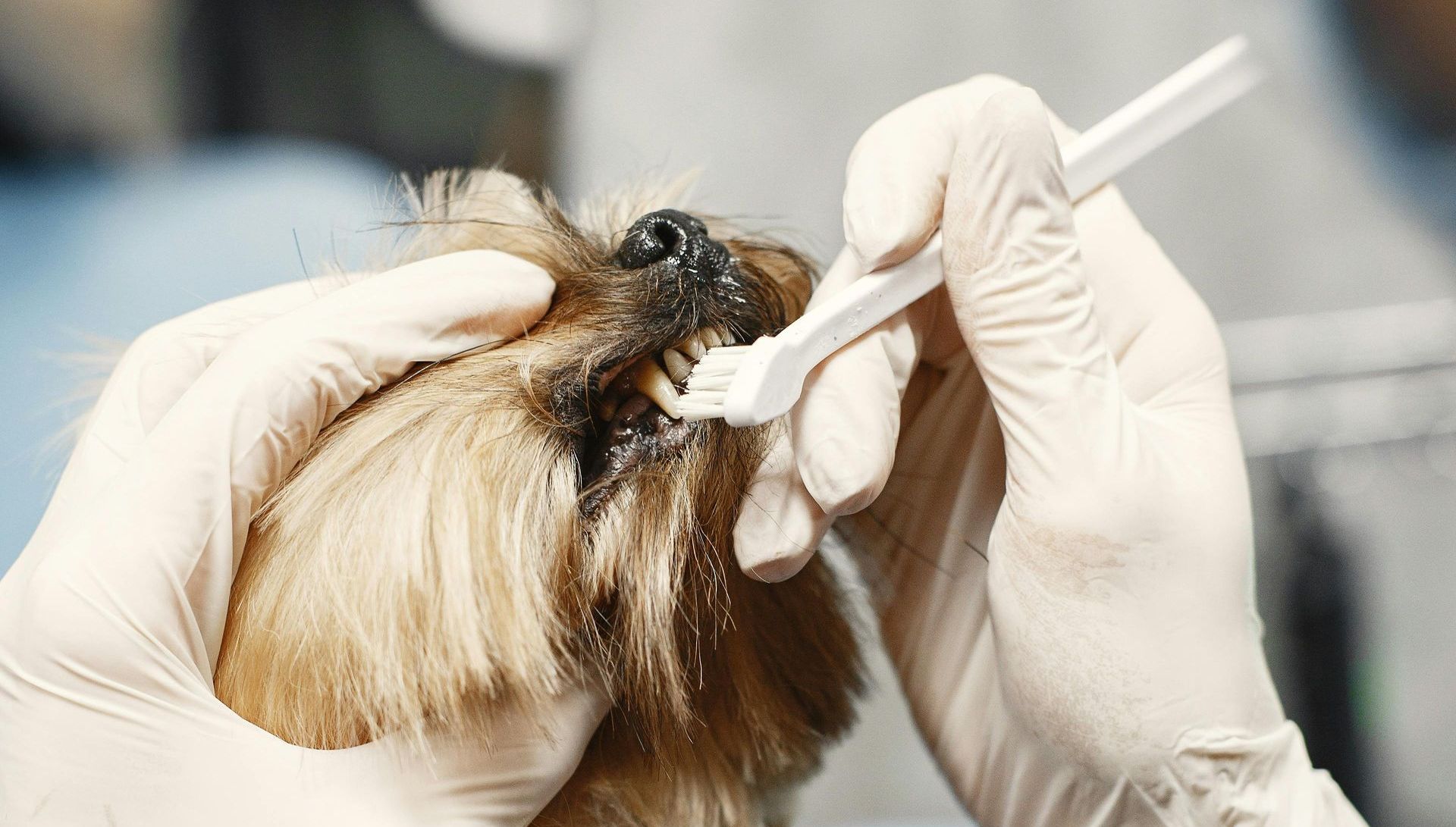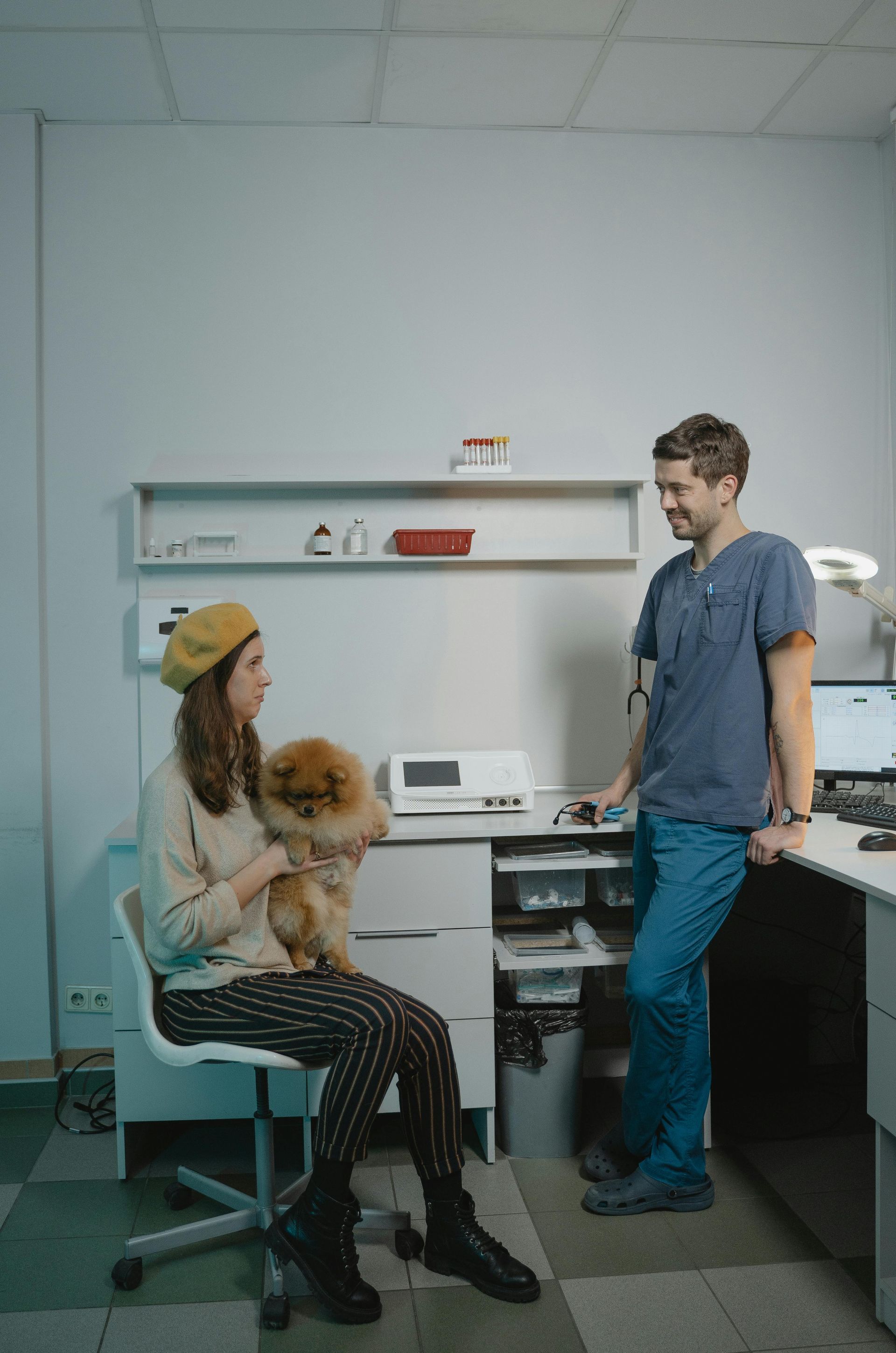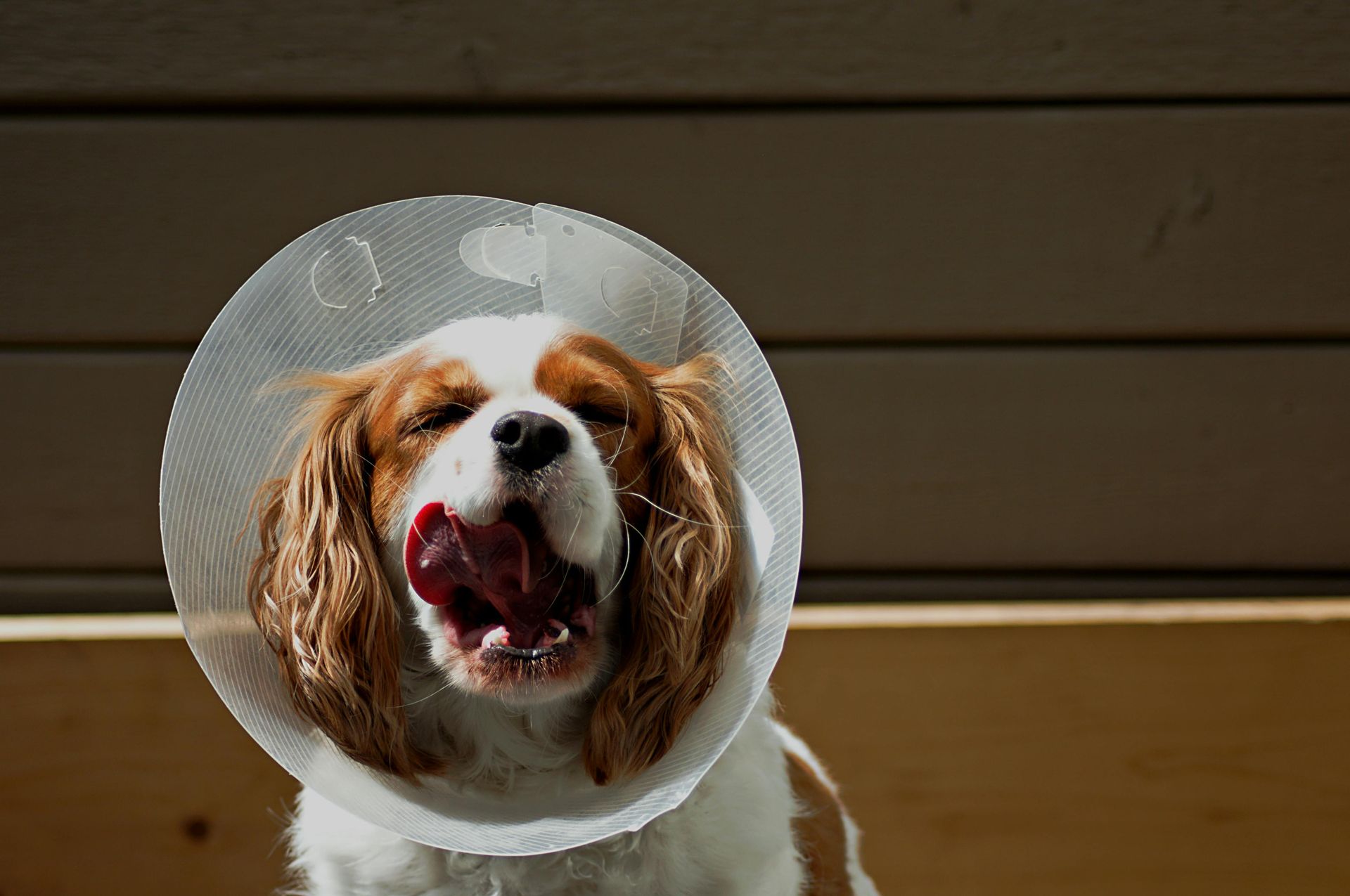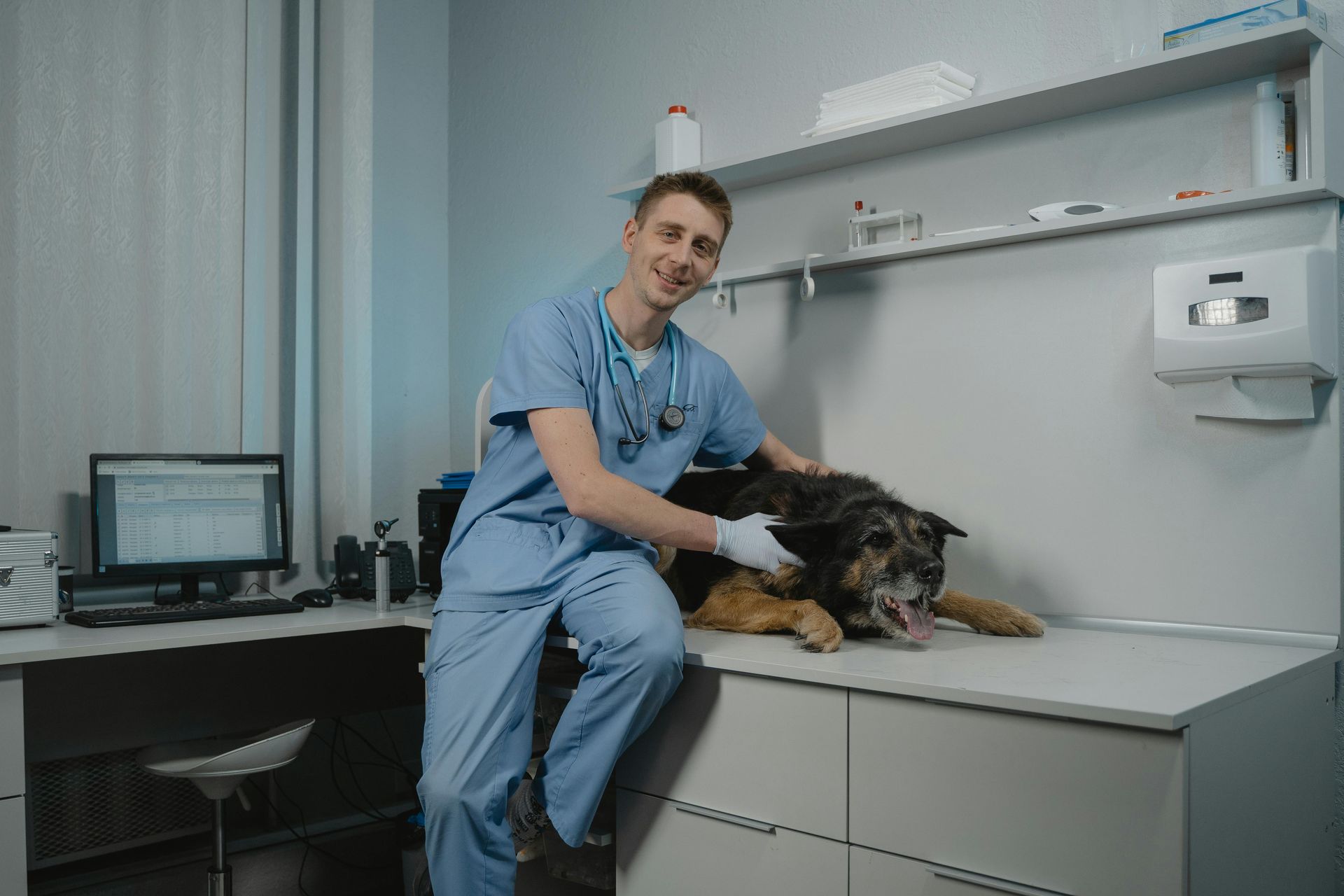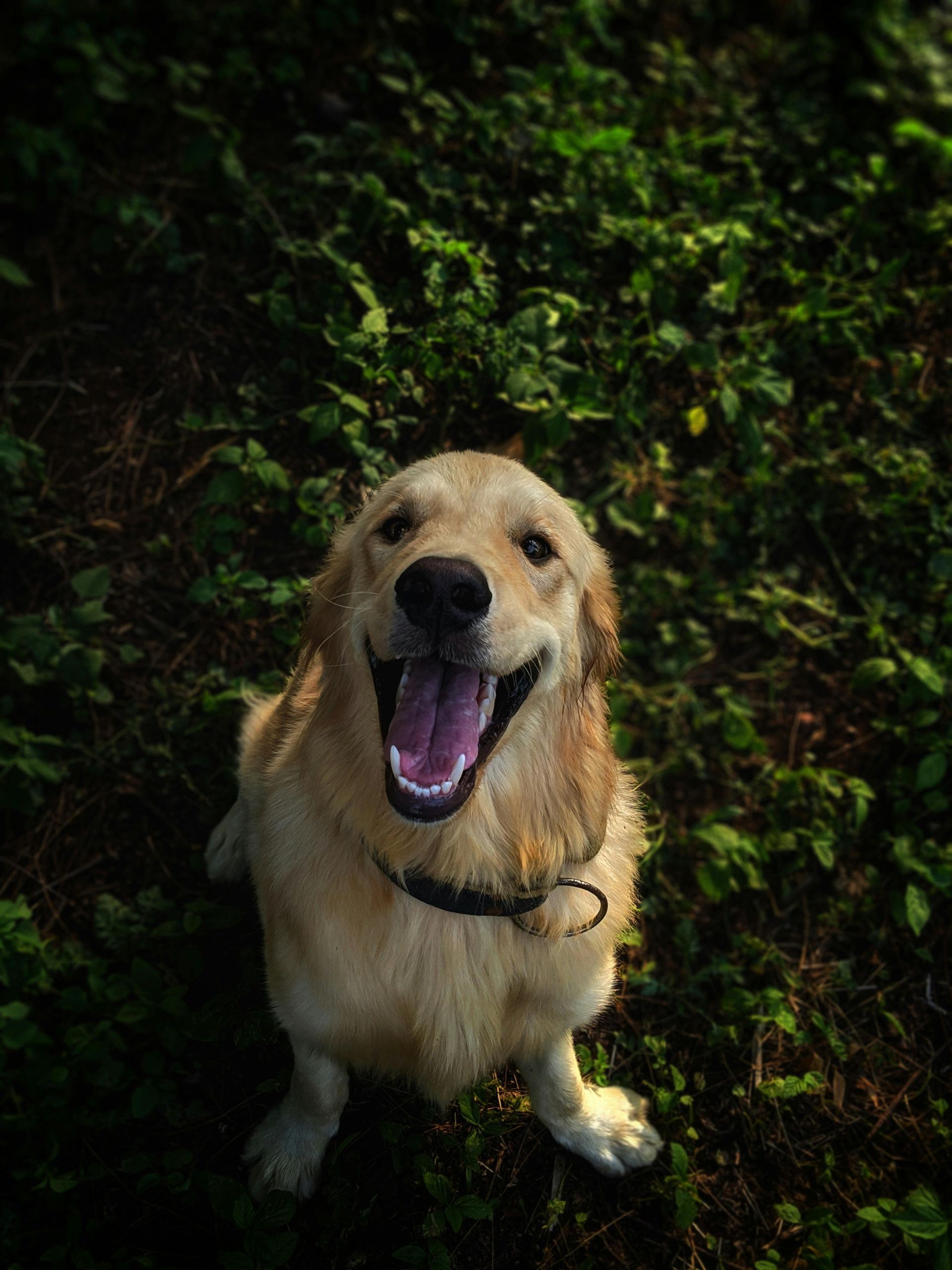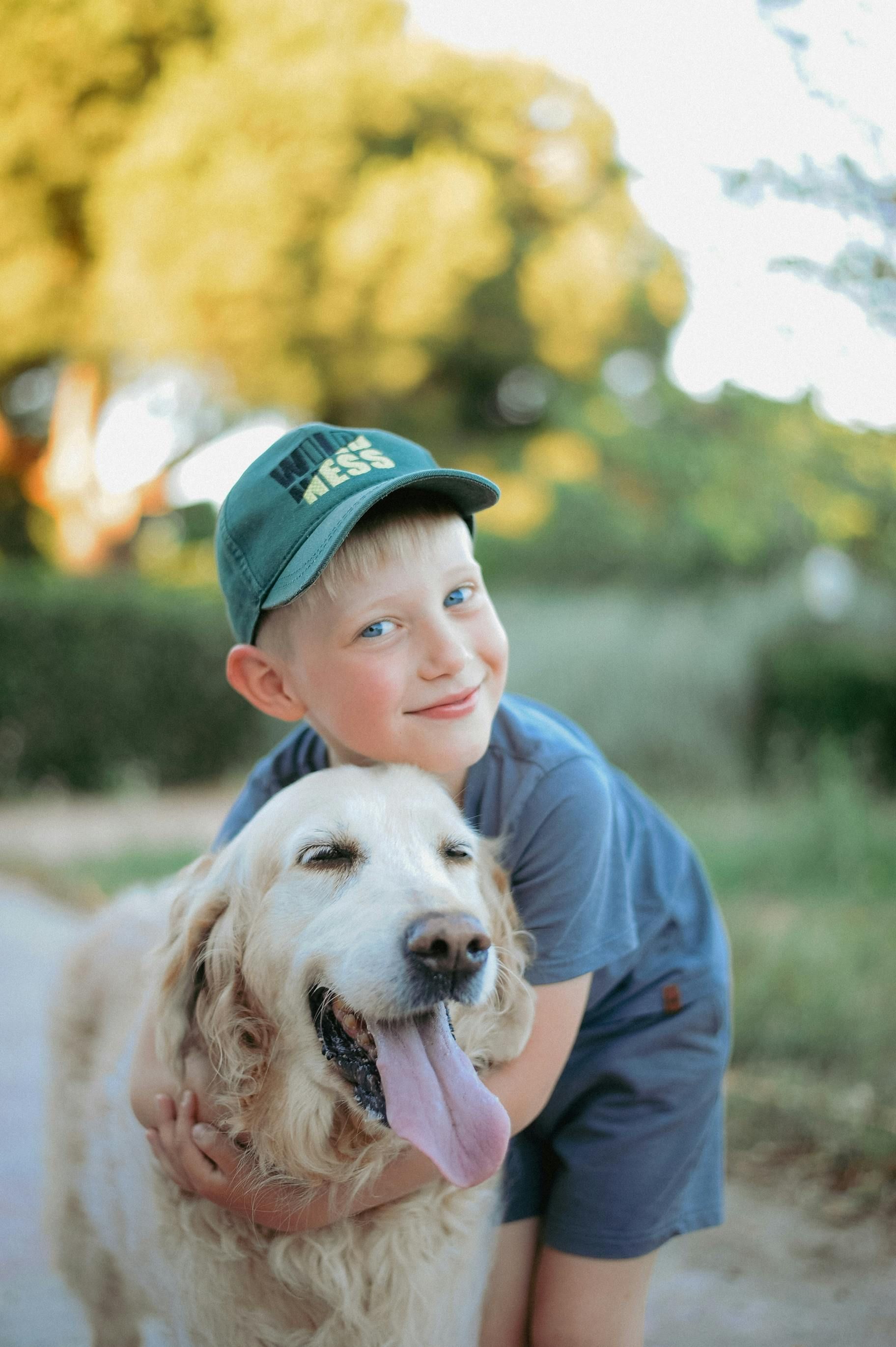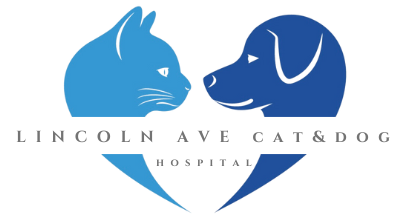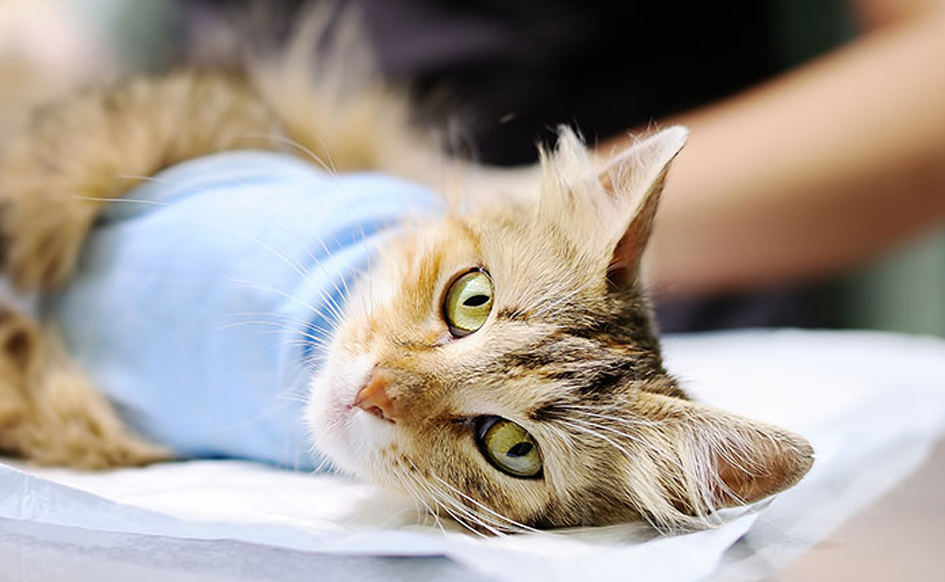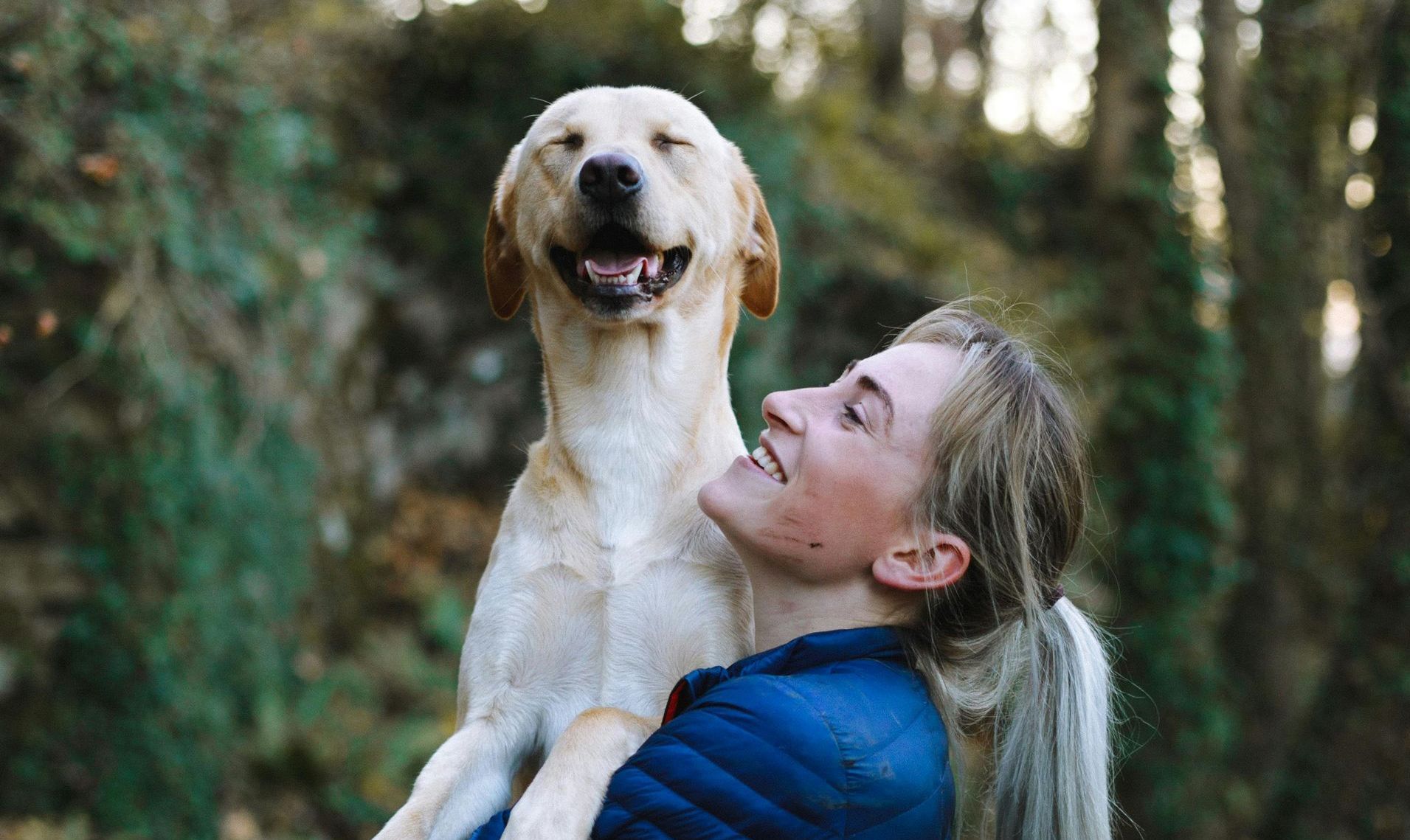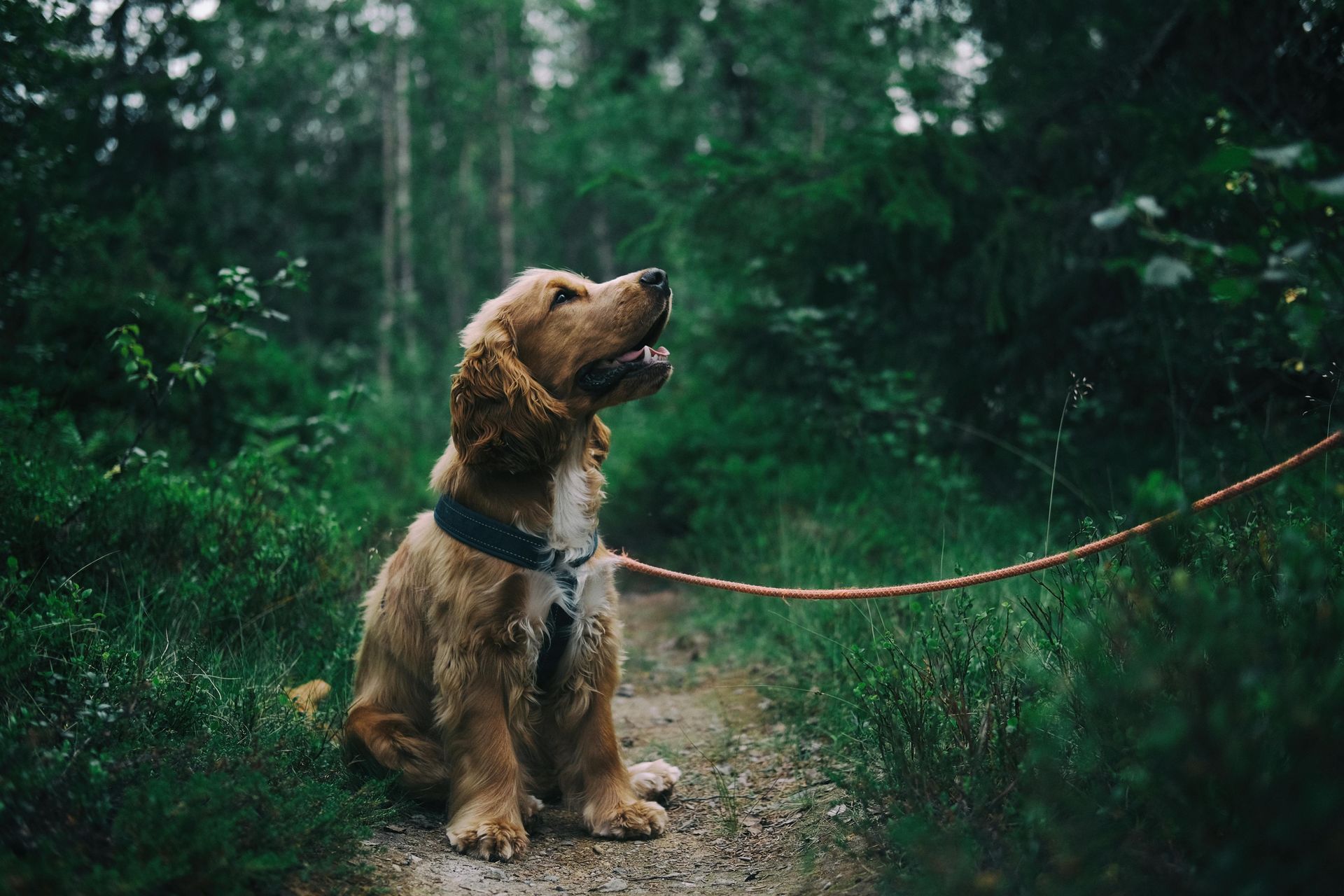Preparing Your Pet for Veterinary Ophthalmology Surgery: A Comprehensive Guide
Understanding veterinary ophthalmology surgery
Veterinary ophthalmology surgery is a specialized procedure aimed at treating eye conditions in animals. These surgeries often address issues that are not commonly resolved with medication or other non-invasive treatments. Some common eye problems that may require veterinary ophthalmology surgery include cataracts, glaucoma, corneal ulcers, and eyelid abnormalities. It is essential for pet owners to understand the purpose and potential benefits of these procedures in order to make informed decisions regarding their pet's eye health.
Choosing the right veterinary ophthalmologist
When choosing a veterinary ophthalmologist for your pet, it is essential to consider their experience and expertise in performing eye surgeries. A board-certified veterinary ophthalmologist is trained to diagnose and treat eye conditions in animals, ensuring the best possible care for your pet. Look for a specialist who has a good track record of successful surgeries and has a comfortable and welcoming environment for both you and your pet. It's also important to consider the location of the veterinary ophthalmologist and their availability for follow-up appointments after the surgery.
Preparing your pet for ophthalmology surgery
It’s essential to prepare your pet for ophthalmology surgery to ensure a smooth and successful procedure. An important step is to follow the guidelines provided by your veterinarian. These may include avoiding feeding your pet for a specific period before the surgery to prevent complications during anesthesia. Additionally, it’s crucial to keep your pet calm and provide a comfortable environment to reduce stress. Understanding the pre-operative instructions and following them diligently will greatly contribute to your pet's well-being and the success of the surgery.
Pre-surgery consultation and evaluation
During the pre-surgery consultation, the veterinary ophthalmologist will evaluate your pet's overall health and examine their eyes in detail. They will discuss the surgical procedure, potential risks, and expected outcomes with you. This is also an opportunity for you to ask any questions you may have about the surgery and to address any concerns. The ophthalmologist may also recommend specific pre-surgery preparations, such as fasting or medication adjustments, to ensure the best possible outcome for your pet.
Discussing surgery options and expectations
Surgery is usually the last resort for treating pet eye conditions. Your veterinary ophthalmologist will discuss different surgery options and what to expect during the procedure. Every pet is unique, so the surgery plan will be tailored to your pet's specific needs. Before the surgery, your ophthalmologist will thoroughly explain the procedure and provide guidance on how to prepare your pet for the surgery day.
Pre-surgery care and instructions for your pet
Before your pet's ophthalmology surgery, it's essential to follow your veterinarian's instructions carefully. This may include fasting your pet from food and water for a specific time before the surgery. Additionally, your vet may advise on specific medication administration or other preparations leading up to the procedure. Following these pre-surgery instructions is crucial for the success of your pet's ophthalmology surgery.
What to expect on the day of surgery
On the day of surgery, you can expect to bring your pet to the veterinary hospital or clinic. The veterinary staff will guide you through the check-in process and provide instructions on how to prepare your pet for the surgery. Typically, your pet will undergo some pre-surgical tests and may receive medication to ensure their comfort and safety. You will be informed about the duration of the surgery and the expected recovery time. It's important to follow the instructions given by the veterinary team to ensure a smooth and successful surgery for your pet.
During and after surgery care for your pet
After surgery, your pet may experience some discomfort, and it's important to follow your veterinarian's instructions for care. Your veterinarian will provide pain medication and antibiotics to ensure a smooth recovery. You may need to restrict your pet's activity to prevent injury to the surgical site, and it's crucial to monitor their behavior for any signs of complications. It's normal for your pet to experience some redness and discharge after surgery, but if you notice any excessive swelling, bleeding, or changes in behavior, contact your veterinarian immediately. Be sure to follow any post-operative care instructions provided by your veterinarian to help your pet recover successfully.
Post-surgery recovery and follow-up
After your pet's ophthalmology surgery, it's crucial to follow the veterinarian's instructions for post-surgery recovery. Your pet may need to wear a protective cone to prevent rubbing or scratching their eyes. Medications will be prescribed for pain relief and to prevent infection, and it's essential to administer them as directed. Regular follow-up appointments are necessary to monitor your pet's progress and ensure proper healing. Keep an eye out for any unusual behavior or symptoms and contact the veterinarian if you have any concerns.
Conclusion and post-operative guidance
After the ophthalmology surgery, your pet will need special care and attention. It's important to follow the veterinarian's post-operative guidance closely. Keep an eye on your pet's behavior and look out for any unusual symptoms. Administer any prescribed medications on time and ensure a quiet and comfortable environment for your pet to recover in. To prevent any complications, it's crucial to schedule follow-up appointments with the veterinarian and to not miss any. Your pet's well-being is of utmost importance, and providing the recommended post-operative care will facilitate a smooth recovery process.
